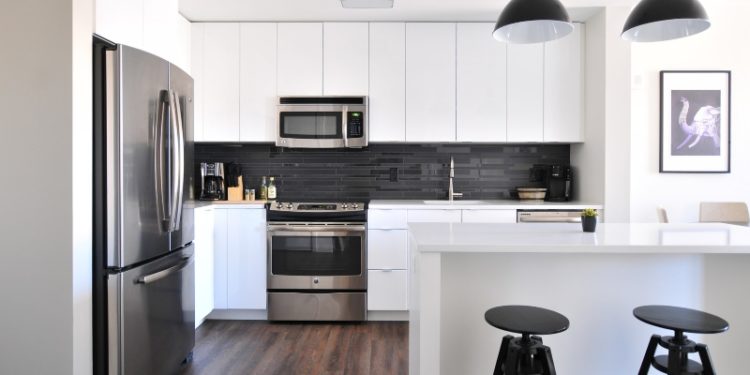Finding the perfect place to live can be stressful as it can come with its fair share of challenges. While you may want to save up for a house deposit, the reality is that many people simply don’t have the option to buy straight away – which is where renting comes in handy.
If you’re in a similar position and you want to weigh up whether this is the right decision for you right now, here are a few pros and cons of rental properties for you to consider.
Pro: more flexibility
There are many advantages of renting a property. Maybe you want to rent for the next couple of years due to studying at university, or perhaps you’d like a short 6-month lease for half the year so you can move back home for the other half to start saving for a house deposit. Whatever your situation, one of the beauties of renting is that it’s flexible. You can opt for a rolling contract, 6-month contract, a year, or longer. The choice is yours.
Pro: no responsibility for maintenance
If anything drastic goes wrong with the inside or outside of your building, you can rest easy knowing that it’s the landlord’s responsibility to fix it – at zero cost to you! If you have an assigned property agent, they will book in any maintenance repair work that needs completing, quickly and efficiently. Alternatively, if you deal with your landlord directly they will organise for the repair work to be taken care of for you.
Cons: paying rent is dead money
There’s no escaping the fact that renting is known as “dead money” because ultimately, you’re simply paying off your landlord’s mortgage for them. When you add up how much money you spend on a rental property over a year (or longer) it usually amounts to the same as a house deposit if you’d have saved all that money instead. This is why so many of us want to get onto the property ladder as quickly as possible! When you buy a property, all of your monthly repayments go towards paying off your mortgage. This makes each of your payments purposeful as they’re chipping away at something worthwhile for you.
Cons: your landlord could decide to sell
No matter how much of an amazing tenant you may be, if you’re the market is in a good place and your landlord decides to sell, you could quickly find yourself looking for a new place to leave. While this is an unsettling thought, there will be a minimum notice period within your tenancy contract that your landlord has to serve before asking you to leave. This usually ranges between 1-2 months.
David Prior
David Prior is the editor of Today News, responsible for the overall editorial strategy. He is an NCTJ-qualified journalist with over 20 years’ experience, and is also editor of the award-winning hyperlocal news title Altrincham Today. His LinkedIn profile is here.













































































